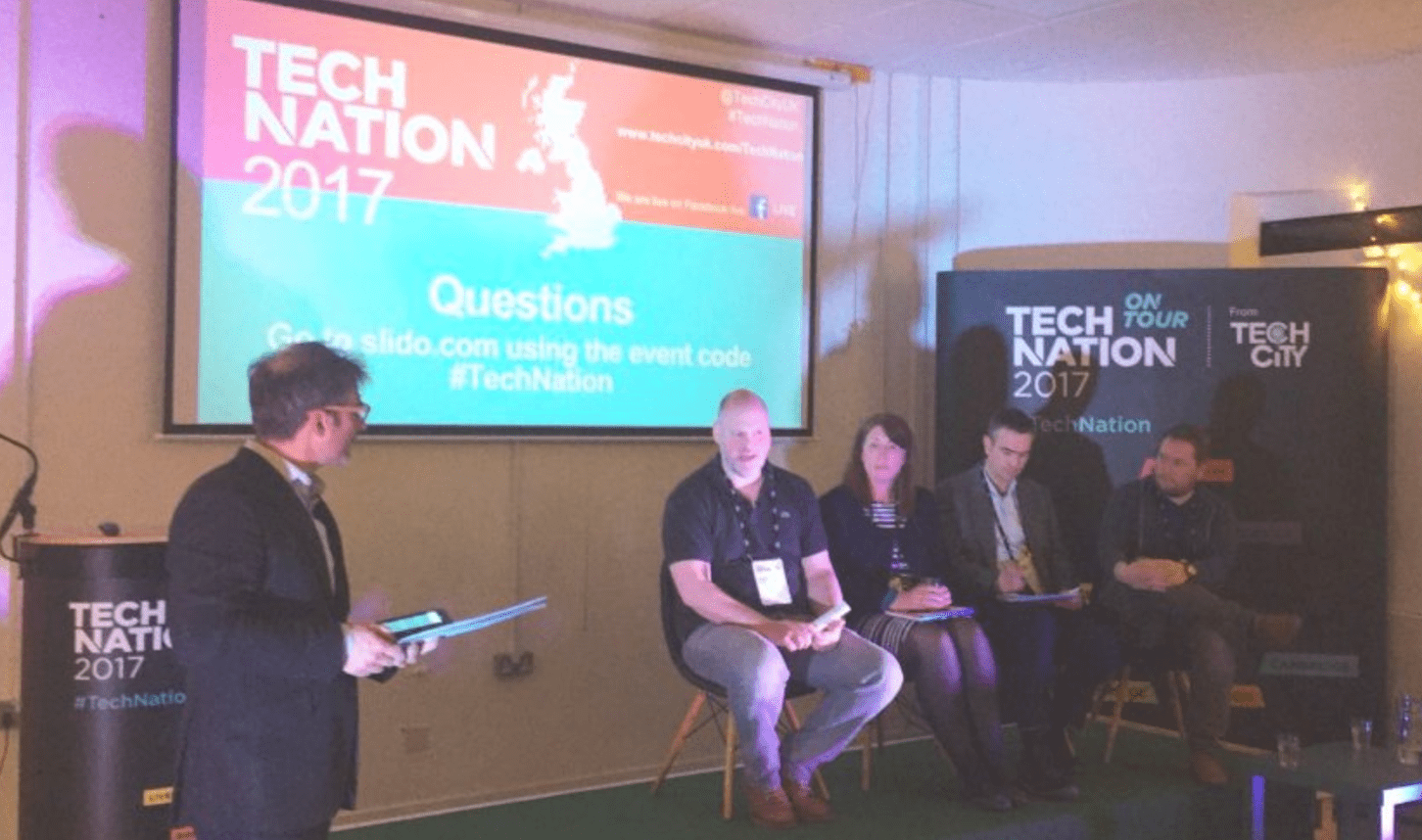Tech City UK’s Tech Nation Tour stopped off in Edinburgh last night, with the findings of the Tech Nation report presented to an audience of local tech community members at co-working space CodeBase.
According to the Tech Nation report, digital tech businesses in the city employ a rather exact 25,109 people, with an average advertised digital salary of £53,019.
The digital sector in the city produced an average GVA (that’s the amount it generated after the cost of operation was subtracted) of £513m from 2013-2015, with digital business turnover increasing 85% from 2011-2015.
At the event last night, Colin Cook, the Scottish Government’s acting director for digital, said: “There is a real confidence about digital in the country.”
He added that the government recognises the digital tech sector is a key driver of growth in the Scottish economy and it will work to further promote Scotland as a center of technology expertise both across the UK and internationally....

